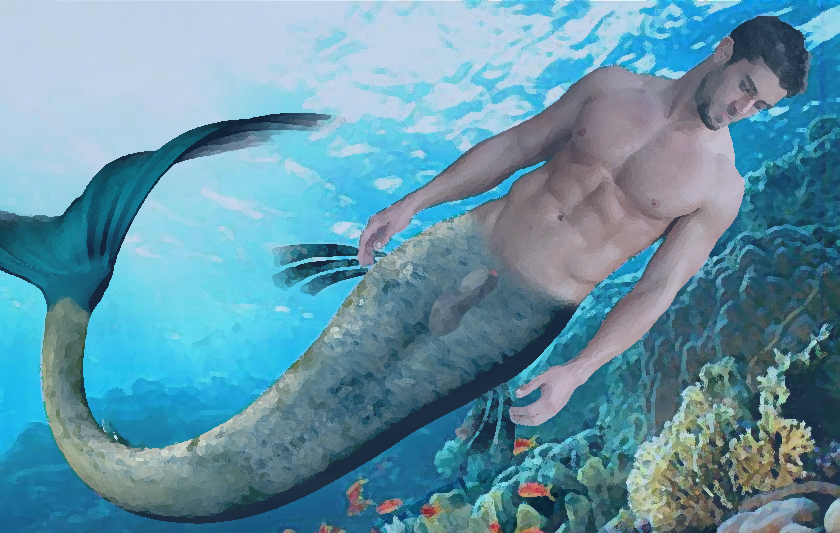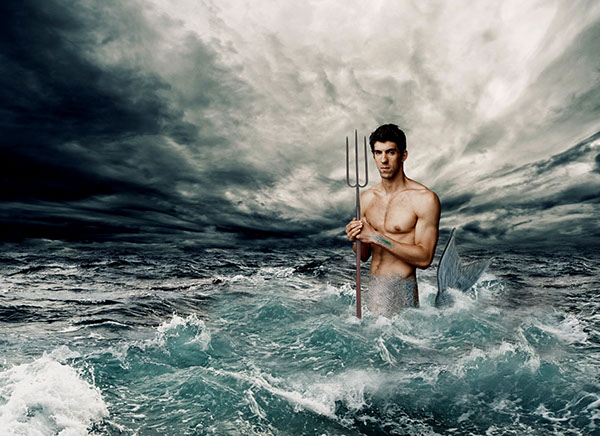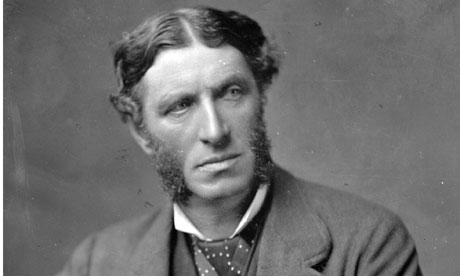Dover Beach is undoubtedly the most representative of Arnold’s poems. In the poem, Arnold laments the decline in faith in God and religion, brought about by the unprecedented growth in science and commerce, giving rise to questions and doubts in the society. The time when Arnold was writing this poem, England was torn between science and religion, materialism and morals and doubts and beliefs. It was an age that was known as the age of reforms in not only industries and religions but also in politics and society. Darwin and other scientists with their scientific discoveries had made the Victorians question and challenge the existing religious beliefs. Arnold’s preoccupation with the significance of a world rich in morals and ethics and the despair that arises from the loss of faith is clearly evident in this poem.
Dover Beach Analysis
Although the Dover Beach poem begins with a descriptive image of the harmonious sea, the main theme of the poem is not to romanticize Nature but to reveal the pain, despair, and suffering in the world caused by the lack of religious and spiritual faith. Arnold anticipates the absolute collapse of moral values and harmony in the society. The “moon blanch’d sand” creates a note of melancholy and gloom in the poem. Arnold realizes that even though “The sea is calm tonight”, its calmness will soon be replaced by violence and discordance. The faith in God and religion is ebbing away like the waves ebb from the shore.
The various sounds expressed by the auditory images in the Dover Beach poem are to some extent suggestive of the screaming people seeking help to find a way to escape from the chaotic, treacherous world. In this poem, Arnold reveals the malady and the struggles of the people. Lack of religious faith has given rise to all sorts of distrust, perverted morality, purposelessness, and vague relationships. In Arnold’s view, the society is deceptive and cannot be trusted. The cultural and moral decomposition of the society brings the “eternal note of sadness” in the lives of people that have become so shallow that the only refuge a man can take is in the love of his beloved.
The poem Dover Beach starts with a very peaceful and harmonious note. The serene beauty of the sea is worth admiring. In the moonlight, the French coast with its flickering lights denotes the flickering of faith in religion.
Arnold uses a number of metaphors and imagery to convey the melancholic feeling to us. The “grating roar” of the pebbles is just like the violent screams in a chaotic world. The stress is given to the verbs ‘drawback’ and ‘fling’ is a classic combination of syntactical and metrical means by which the ebbing and flowing motion of the waves, suggesting the fluctuating faith in God and religion, is made evident. The sea metaphor is used to convey the weakening of faith throughout the poem. The perpetual movements of the waves suggest a deep sense of monotony and despair.
The poet realizes the “eternal note of sadness” in the lives of people in a Godless world and it takes him back to the days of Sophocles who had made a similar observation about human misery. The literary allusion connects the past to the present, suggesting the bitter truth that human fate has always been subjected to suffering and misery. The sea of faith has receded, making people vulnerable to a dreary feeling of terror and hopelessness.
The deceptive world surrounds people with an encroaching darkness, making them devoid of any real substance. There is nothing in this hollow world that people can cling to. Arnold feels that the world has transformed itself into a battlefield where human civilization stands on the verge of moral and ethical extinction. Violence and savagery have replaced unity and happiness. In such a world, Arnold says, only genuine and sincere love can restore faith and spread joy.
Written in iambic meter, the poem Dover Beach consists of 37 lines divided into 4 unequal stanzas. The first stanza is the longest with 14 lines. Dover Beach is a dramatic monologue in which the speaker is probably the mouthpiece of the poet and not the poet himself.
The phrases “bright girdle furled” and “withdrawing roar” successfully expresses the former glory in religious and spiritual faith and the waning of the same. These images create a sense of barrenness pervading the human civilization.
Arnold succeeds in the beautification of the language of the poem Dover Beach with the use of a number of figures of speech, starting from metaphor, simile, alliteration, pathetic fallacy, anaphora to assonance.
The repetition of the positive attributes of the world suggested by the line “So various, so beautiful, so new” is immediately negated by revealing the ultimate reality to us where there is no joy, peace or hope. The poem Dover Beach ends with a violent image of armies clashing, which is in sharp contrast to the tranquil sea image we observed in the opening of the poem, suggesting that he loss of faith will eventually end everything that is worth cherishing in this world.
Some online learning platforms provide certifications, while others are designed to simply grow your skills in your personal and professional life. Including Masterclass and Coursera, here are our recommendations for the best online learning platforms you can sign up for today.
The 7 Best Online Learning Platforms of 2022
- Best Overall: Coursera
- Best for Niche Topics: Udemy
- Best for Creative Fields: Skillshare
- Best for Celebrity Lessons: MasterClass
- Best for STEM: EdX
- Best for Career Building: Udacity
- Best for Data Learning: Pluralsight














